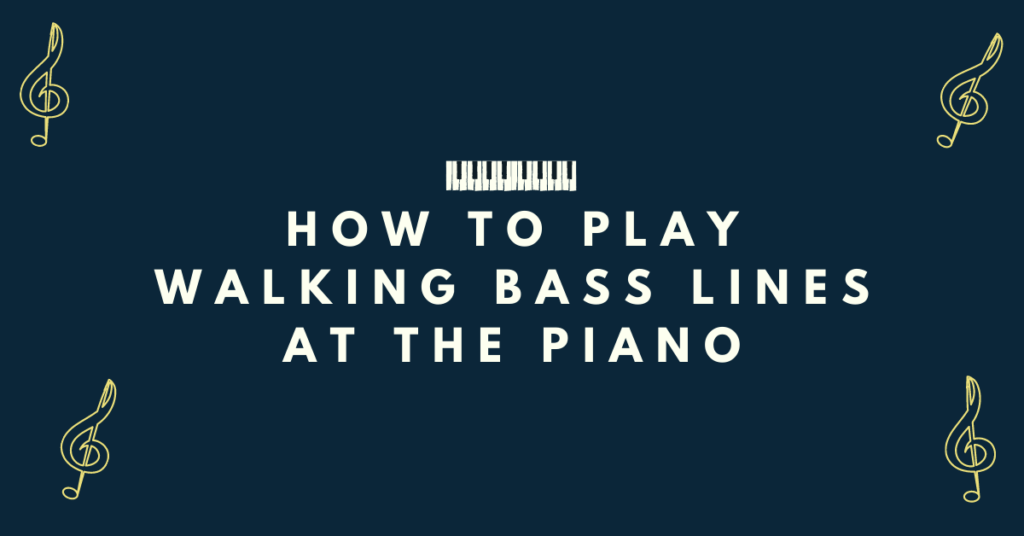I grew up as a huge fan of pop-rock music. It was really my first love when it comes to music, and it wasn’t until much later that I was introduced to classical and jazz music. Pop-rock (and all of the various genres that fall into that heading) was what my parents listened to and was all around me. As a kid I spent hours listening to Michael Jackson, Stevie Wonder, Steve Winwood, Whitney Houston, the Beatles, Dave Matthews Band… just to name a few. When I was studying jazz in college one of my favorite things to do in the practice room was to put on one of my favorite pop-rock tunes and try to solo over it.
Something else happened while I was in college. I got caught up in the mistaken notion that rock music was inferior to jazz. For those who may not realize it, there exists (in some places, often universities) this idea that jazz is a purer form of music, more sophisticated and possessing a higher amount of complexity and therefore integrity than rock music. I got caught up in this “jazz purist” attitude (what I sometimes refer to as a “jazz snob”). For years I stupidly avoided opportunities in pop-rock music because I wanted to be a part of some high-brow jazz camp. As a result of such short-sightedness, I missed out on some great music-making, money-making, networking, and travel experiences. Oh, and I never attained any high-brow jazz status either. So, a bit of a “lose-lose” there.
Luckily, I eventually came to my senses and started openly embracing pop-rock music. I don’t know if I’m a jazz musician who loves rock, or a rock musician who loves jazz. I also don’t care anymore about figuring out which is which because I view music as path that has many different side trails to explore. One week I may need to learn 30 pop-rock tunes for a wedding band gig, another week may require me to do some serious improvisation shedding for a colleague’s recital, and once in a while I get asked to record or produce some original music. Instead of forcing myself to identify as a jazz pianist or rock pianist, I try to approach these projects as a complete musician who gains an understanding of what is required and then offers his musicality to the project.
So for anyone who still thinks that there is a wall of separation between jazzers and rockers, I offer this list of my “TOP 5 JAZZ MUSICIANS WHO ROCK.” I want you to notice the high level of musicality amongst these players. Notice that what makes them great is their ability to offer something “musical” (not something “jazz” or something “rock”) to the song.
NUMBER 5: Phil Woods’ solo on Billy Joel’s “Just the Way You Are”
NUMBER 4: Herbie Hancock with John Mayer, “Stitched Up”
NUMBER 3: Jason Rebello with Sting, “Never Coming Home” (piano solo begins at 4:40)
NUMBER 2: Michael Brecker with Paul Simon, “Still Crazy After All These Years”
NUMBER 1: Branford Marsalis with Sting, “Roxanne”

